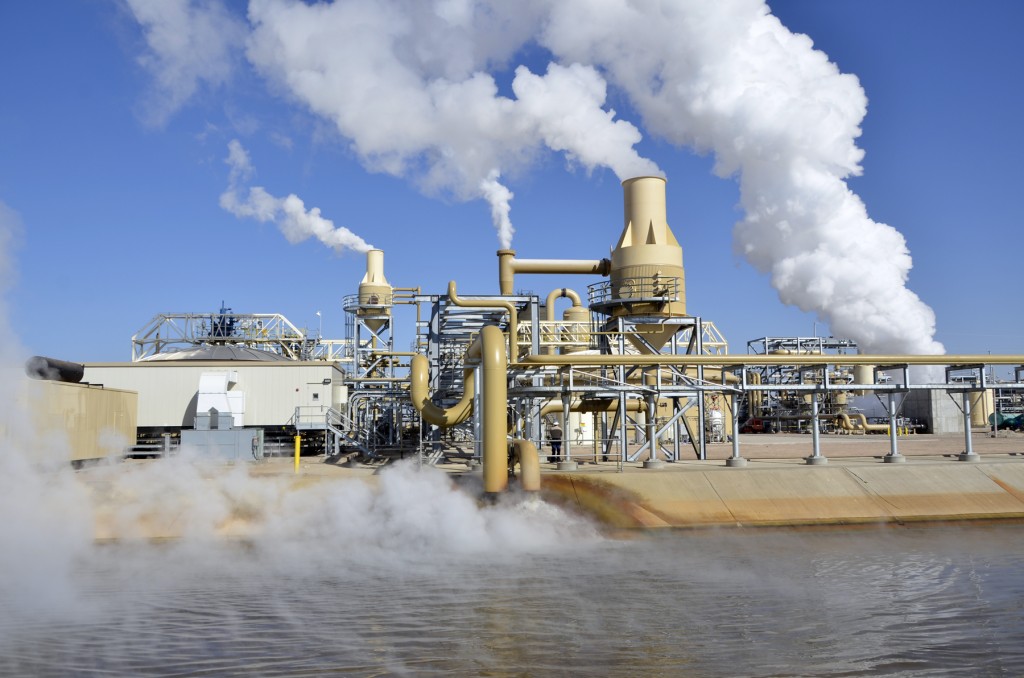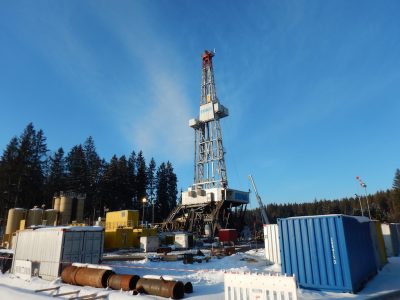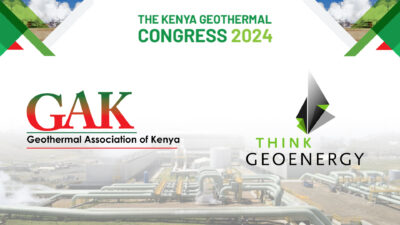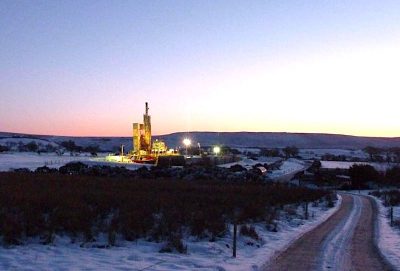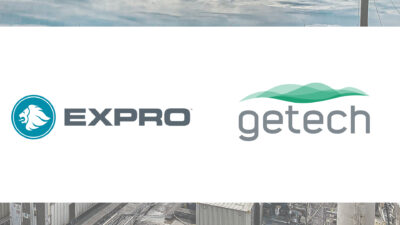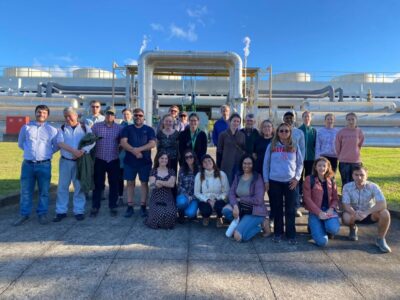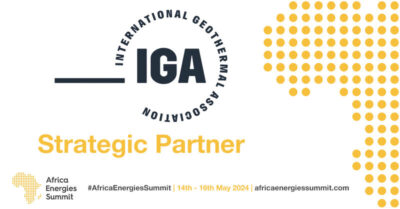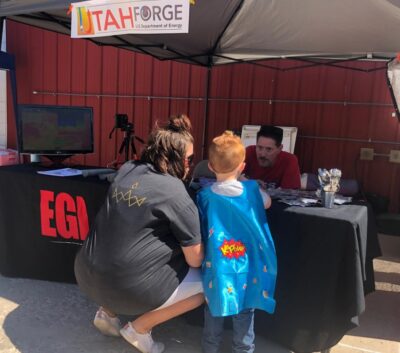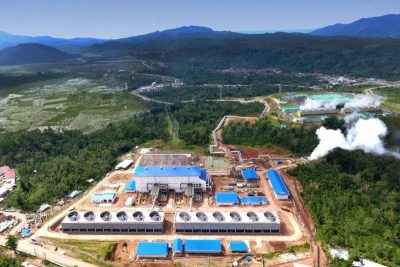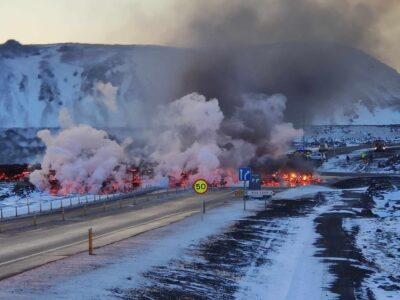Reducing risk, easier permitting and tax parity – crucial for geothermal in U.S.
The geothermal sector in the U.S. is still hampered by the lack of tools to reduce risk in Drilling and Exploration, no streamlined permitting on Public Lands Needed to Expand Geothermal Development, and tax parity for a level playing field for geothermal.
In its recent document prepared to highlight the many positive aspects that geothermal energy brings for America’s energy market, the Geothermal Energy Association (GEA) also raises key elements that could help spur geothermal development in the U.S.
These are:
- Risk Reduction in Drilling and Exploration,
- Permit Streamlining on Public Lands Needed to Expand Geothermal Development, and
- Tax Code Certainty.
Risk mitigation
Risk mitigation is a critical component to expand geothermal production and reduce project costs. A sustained effort to address the risks in geothermal exploration would pay scientific, technological and financial benefits to the U.S. energy system, ratepayers and American workers.
Public-Private partnership for exploration
Most of the geothermal resource in the U.S. has yet to be discovered. DOE and USGS should establish a risk-reduction effort that rewards early drilling and exploration by supporting grants for cost-shared exploratory drilling and by funding collaborative research to improve drilling advancements.
Expeditious permitting
Time is money. Geothermal needs timely decision-making from Federal agencies to accelerate leasing of public lands and permitting for drilling and exploration, development and construction.
- Fast-Track Processing: Lengthy permitting periods routinely bar geothermal projects from getting off the ground, and increase costs. Fixed response timelines and accountability in Federal agency performance will help speed project development and unlock investment. Geothermal should not take longer to permit than wind or solar.
- Expedited NEPA Processing: As with gas and oil, geothermal should have expedited permitting under the National Environmental Protection Act (NEPA) to allow exploration on public lands to proceed quickly and cost-effectively.

Tax parity
A level playing field is needed in U.S. tax code for geothermal to be able to compete fairly in the market. A long-term incentive for new geothermal power development would value geothermal’s baseload and flexible attributes, its system reliability factor, and its ability to deliver affordable clean power to American homes and businesses. Geothermal should have parity with wind and solar, which are eligible for a 30% Investment Tax Credit through the end of 2021.
Source: GEA report “Geothermal is Good for America“
